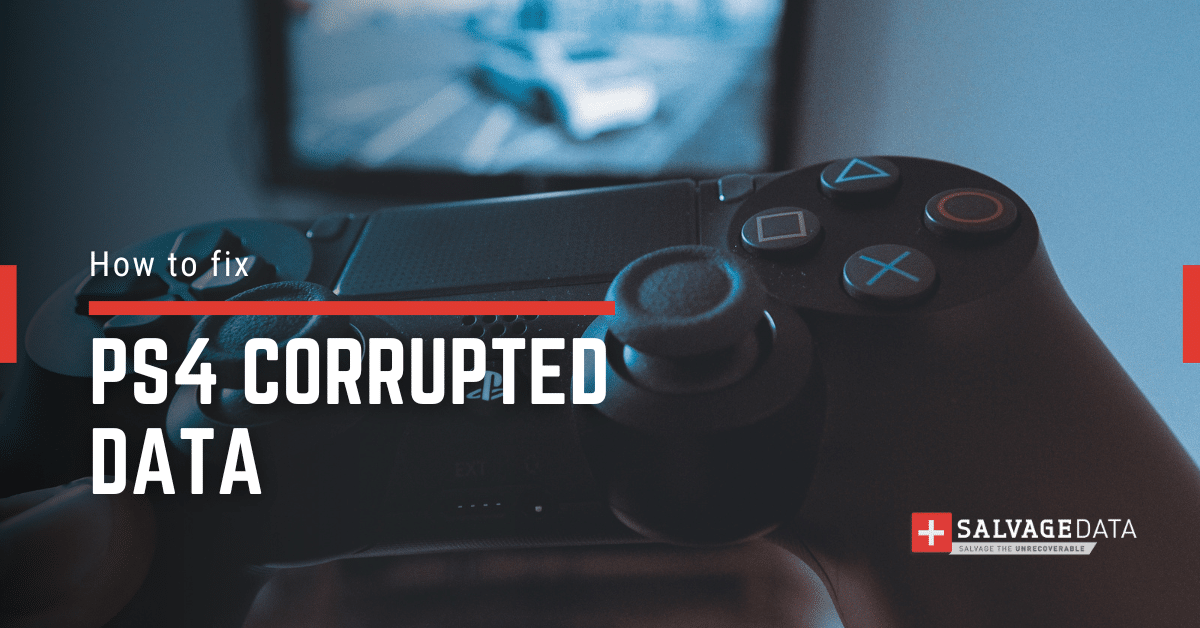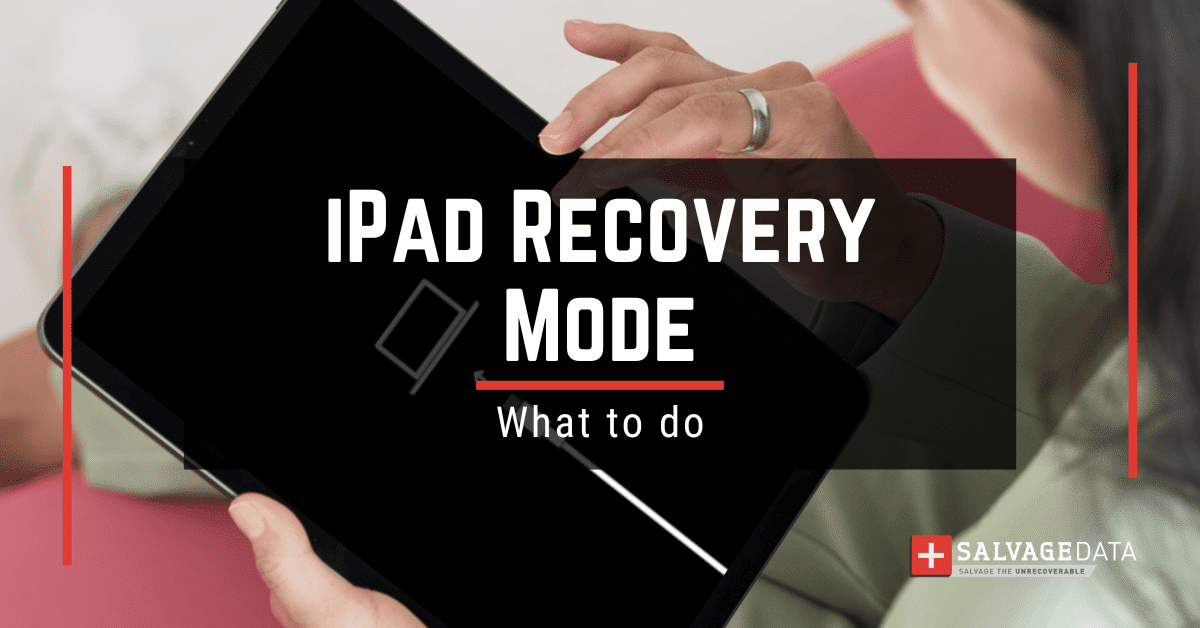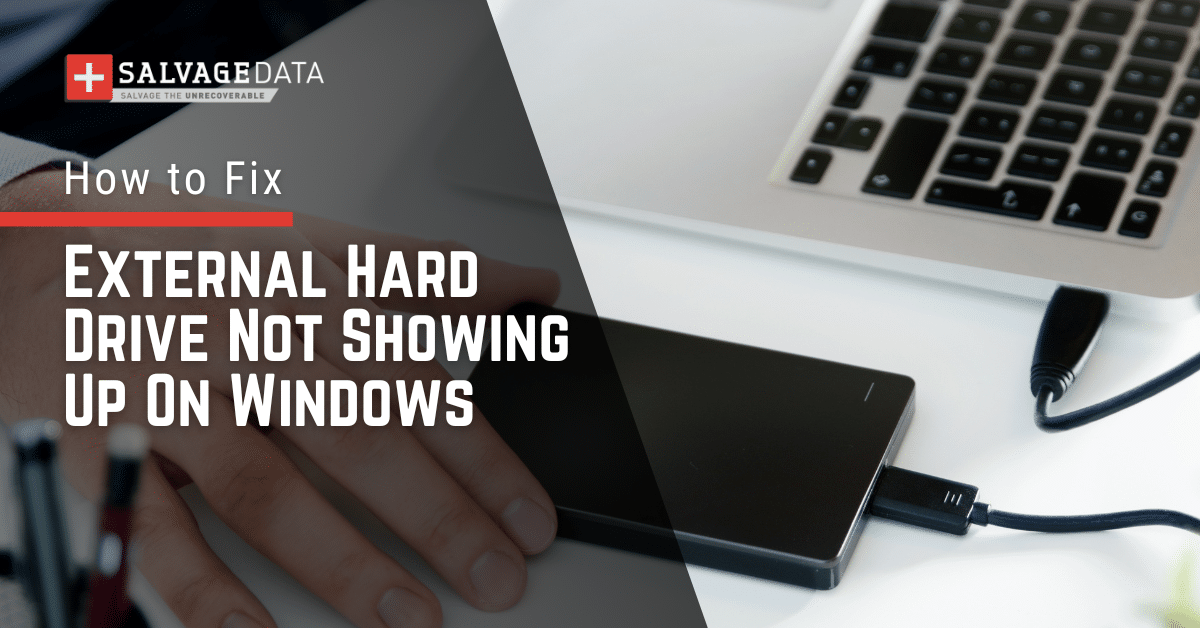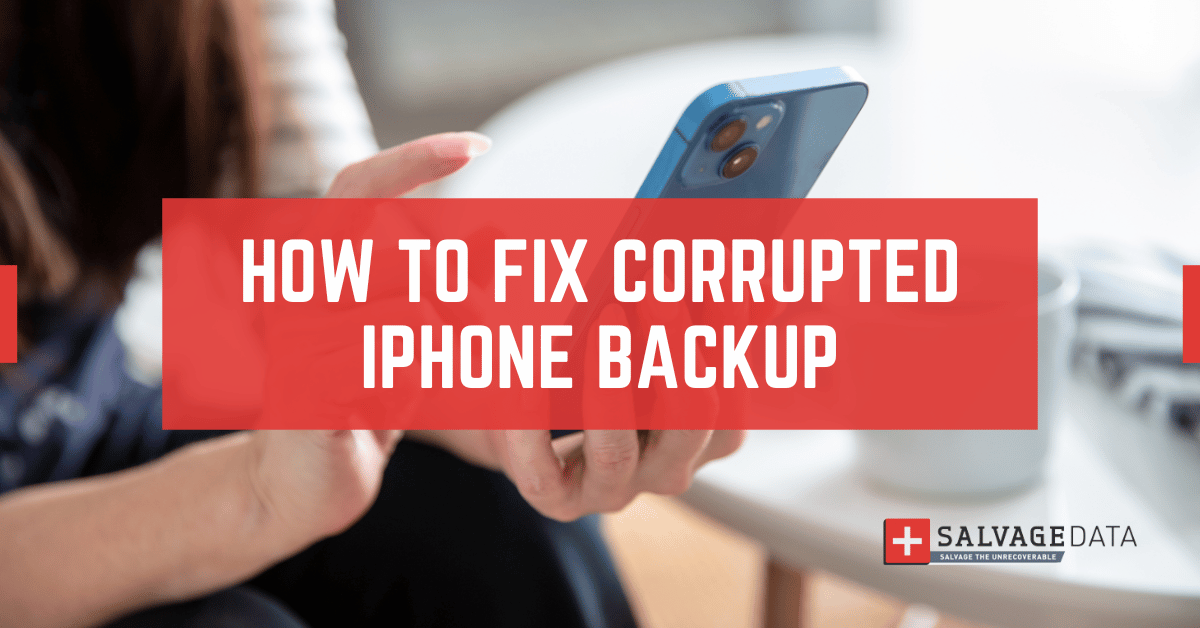Recent Articles
Quickest Mobile Data Recovery Case: 100% of Data Recovered in One Hour
How to fix a corrupted database on PS4
How to Troubleshoot Black or Blank Screens in Windows
LockBit Ransomware: A Comprehensive Guide to the Most Prolific Cyber Threat
How To Use iPad Recovery Mode
How to Prevent Overwriting Files: Best Practices
External Hard Drive Not Showing Up On Windows – Solved
How to Fix a Corrupted iPhone Backup
Backup and Remote Wiping Procedures
Common VMware Issues and Troubleshooting Solutions

I think there's an issue with my storage device, but I'm not sure Start a free evaluation →
I need help getting my data back right now Call now (800) 972-3282
When Benjamin Franklin said, “In this world, nothing can be said to be certain, except death and taxes,” he actually should’ve added hard drive crashes and running out of disk space. Luckily, while we’re stuck with death and taxes, there is a way to fix the storage problem.
Networked storage has moved from enterprise to small and medium-sized businesses and home. Today, it is possible to purchase a decent NAS for under $1000 including drives. But what should you look for when there are so many different options on the market?
Previously we have already compared DAS, NAS and SAN systems, looked through several options among Drobo and Synology products, and even reviewed a list of the top six QNAP models; but very little has been said about the selection process as such. To help you not get confused in front of the countless options available, this article will detail the basic criteria you should consider when choosing a suitable NAS enclosure.
RAID Calculator: Learn the RAID configuration requirements, redundancy, parity, and disk availability with our real-time RAID calculator.
Top. How Much Capacity Do You Need?
While this may seem like a simple question, it can be tricky to answer when it comes to calculating the total amount of data that needs to be placed on the NAS. Determining the required storage capacity is actually a paramount issue before investing in networked storage, as not every model can adapt to growing storage needs — and you must bear that in mind.
Storage capacity, in turn, depends on the quality and quantity of the files. Since the size of music files, videos or pictures is varied, you have to determine: a) what type of quality are your music files? b) what kind of image type are your photos? and c) are your videos DVD or Blu-ray formats? To get an idea of how this works, take a look at the estimated file weights:
Music files:

Images:
18 MP JPG file ~ 3 MB
100000 x 3 MB ~ 270 GB
Video files:
2-hour DVD Movie ~ 4.7 GB
2-hour Blu-ray Movie ~ 20 GB
Document sizes, however, are much smaller than multimedia files. A few terabytes, for example 4-8TB, should be enough to cover your needs, but it all depends on how many data you want to store. To evaluate your assets, you can either refer to the information above, or use a handy tool for calculating the required capacity, for instance, QNAP’s Capacity Calculator.
Again, this is just an estimation. Keep in mind that the amount of stored data will inevitably be growing down the line. Thus, when you consider purchasing a NAS, make sure to think about what your future storage needs might be. Choose a device with slightly more storage space to suit your possible storage requirements.
#2. How Many People Will Access the NAS Simultaneously?
Both the transfer speed and response time of your computer will be affected by how many concurrent connections the NAS device is able to handle. If the storage is expected to be accessed by less than 10 people at a time, home/SOHO NAS will be a great fit for your use. If you need nothing more but a robust file backup system, it would be reasonable to choose a model among economical options with modest performance, such as ARM-based NAS systems. Finally, if you want to use your networked storage as a media server, we would recommend investing in a NAS with a higher CPU level (Intel-based). The higher the better!
Nonetheless, if you anticipate more than 10 people accessing the device simultaneously, you should take a look at an SMB NAS. These networked storages are able to handle more user connections, and offer higher performance for processing other services, like web server, file decryption, multiple file backups, and so on. If more than hundreds of users are going to be connected to the NAS, you should consider the Enterprise NAS option, which offers a very high-performance CPU and RAM logs to handle the intensive computing of hundreds of users.
#3. What Kind of Applications Your NAS Will Be Used For?
Different programs require different hardware performance and features. For instance, if the NAS is to be used as a media server, it would be better for the system to be able to transcode media files. Currently, there are several NAS solutions with a CPU that includes a H.264 hardware transcoder, such as TS-x51, TS-x53a, TVS-x71 QNAP series. If the NAS is to be used as a virtualization node, the more cores the CPU has, the higher its performance.
For the sake of simplicity, let’s split them into several categories:
-
File backup:
- Basically, most NAS systems are capable of handling the need of file backup, from Home/SOHO to enterprise NAS options. Simply select an affordable one.
-
Media server/media player:
- If you need a media server, we strongly recommend investing in a higher performance NAS with H.264 hardware decoding capability; also, some devices are equipped with HDMI output, which you can find an extremely handy feature to have. NAS systems are no longer a media server for streaming only, but also a work of art that can be placed next to the TV and directly play the video, outputting to your TV screen.
-
Virtualization storage:
- Being virtual storage requires higher performance, multi-core processors, and more memory. For this purpose, it is recommended to choose a NAS with an Intel-based CPU with additional memory installed.
-
VLAN:
- Improved network performance and manageability through multi LAN ports are required; also, our advice is to get a device with 10GbE support.
-
Intensively loadable database system:
- In order to handle intensive database read/write IO, and VM environment, cache acceleration is highly recommended to improve random IOPS demanding applications
-
Virtualization host:
- Very few NAS enclosures can run the virtualization host on the top of it. Now, if you need to run virtual machines in a NAS, it will require multi-core processors, as well a lot of extra memory to be shared with other isolated virtual machines.
So, those are the main factors you need to take into account when choosing a NAS.













